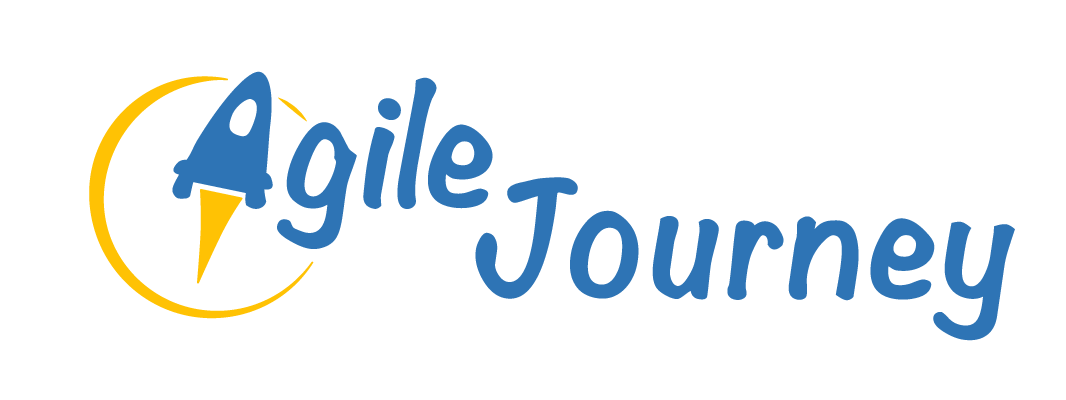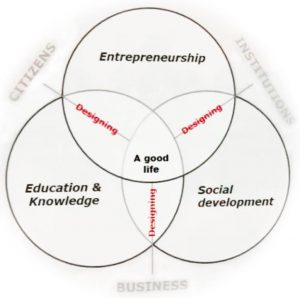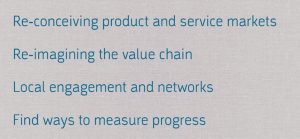2018 AIN World Conference – 23-26 August, 2018 – Paris, France
The objective of “Innovation Training for Agile Leaders” was to increase understanding of ‘agile’ and the leader’s role in aspiring organizations. Leaders often struggle with building collaboration, and conventional trainings rarely address it. We showed how applied improvisation can be used for developing this essential skill in making agile successful.
Throughout the session at the AIN World Conference we empowered participants to co-create and learn together.
First we elicited from the group their understandings of Agile in Business Today. The answers included aspects such as: agile as a mindset, being adaptive and flexible, working in multi-disciplinary teams, offers an approach to projects and process, provides rapid feedback, enables iterative learning by doing, learning fast and, it’s in “the eye of the beholder.”
Then we led the group through an experiential learning activity – the Team Sling Game. The game combines applied improvisation with agile collaboration and is a metaphor to experience and analyze social dynamics. For further information on the activity, look at our blog post “Team Sling Game”
The debrief of the Team Sling Game, was lively, and organized in a Bubble Up approach to gather group wisdom. Individuals wrote their observations on post-its, and then discussed their learnings first with another, then in a group of four. Then as each group of four summarized their learnings for everyone else, we started to look at how they fit under the general headings of learning, collaboration, and leadership.
Discussions about Learning, Collaboration and Leadership:
- The YES AND Principle from Applied Improvisation was seen to facilitate learning faster.
- The different teams exemplified a range of options in the balance between improving results or increasing the quality of collaboration
- Willingness to learn from mistakes was encouraged by frequent iterations. This enhances the culture of learning and improvement, experimentation and innovation.
- People realized that time pressure increases changes to fall into old style hierarchical behavior patterns. On the other hand, getting everyone to understand and agree, exemplifying servant leadership, was key to success for the whole team.
From my work as a Certified Scrum Trainer I appreciated how the session highlighted the importance of emergent servant leadership.
The international audience in the workshop was amazed how the game quickly made fundamental issues of collaboration and leadership in teams visible to everyone.
Thanks to all who joined and for being open to going through the activity and sharing your the experiences. You all made this a great workshop.
See more details on AIN website:
http://appliedimprovisation.network/events/2018-paris/
https://ainparis2018.sched.com/event/G1Mp/innovation-training-for-agile-leaders








